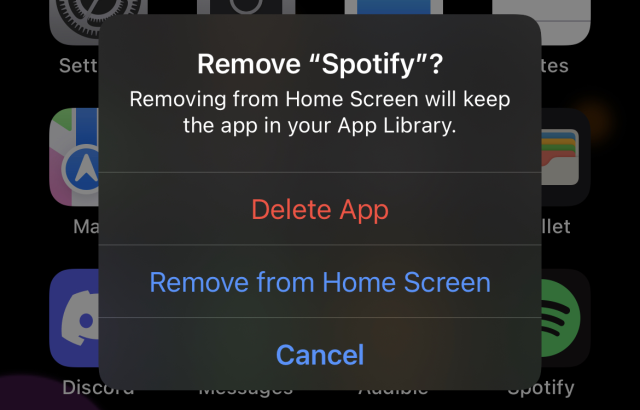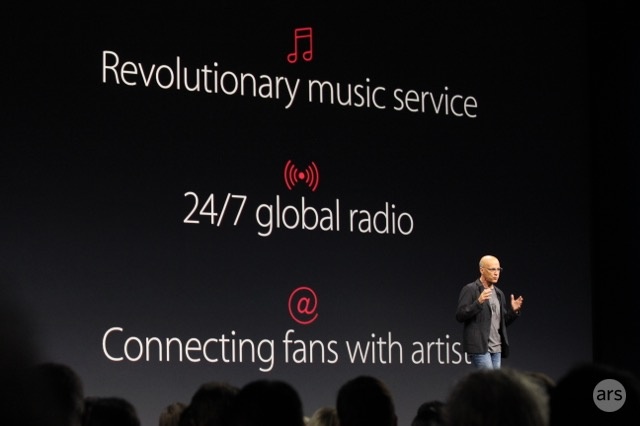
Today, Spotify is the dominant streaming music platform in several regions, including the United States. But lately there has been a lot of interest among Spotify users in trying something new.
Some are just curious to see what else is out there since they've used Spotify for a long time while its competitors have continued to mature. Some are seeking to make a change because of controversies around the platform's deal with podcaster Joe Rogan or its financial relationship with artists.
Whatever your reasons, there are several well-established competitors that offer many of the same features as Spotify. We'll quickly run down what distinguishes them.We're going to keep the focus on true competitors to Spotify, so we're looking at services that allow you to stream virtually any song on demand at any time and that offer a closely comparable suite of features to Spotify.
This list isn't comprehensive, but these are the services we think are good enough that a switch from Spotify won't feel like a downgrade.
The big one
Apple Music
Plans: $10/month (Individual), $15/month (Family), $5/month (Voice, Student)
This is the obvious choice, and for good reason. Apple Music is Spotify's biggest competitor, and the overall user experience is as close to Spotify's as it gets.
The biggest difference between the two is that while Spotify's music discovery has a major algorithmic recommendation component (like the Discover Weekly playlist), Apple Music is much more focused on professional human curation, either in handcrafted playlists or pre-Internet-style radio streams with live DJs.
Yes, there are professionally curated playlists on Spotify, and there are algorithmic radio stations on Apple Music. But Apple puts much more effort into the handpicked stuff, while its algorithmic recommendations and associations aren't nearly as strong.

Each emphasis has pros and cons, of course. But the two services do have the most important thing in common: each has a comparably massive library of individual songs spanning many genres and eras. You can listen to songs à la carte and sort them into playlists as much as you want.
Notably, Apple Music does not have an ad-supported free tier like Spotify does. So if you don't want to pay the $10 per month it charges for a subscription, this isn't the service for you.
For some content, Apple Music also offers higher-quality audio (via lossless and Dolby Atmos), and it gives artists a slightly larger slice of the financial pie, too.
Pros
- Higher sound quality for some content
- Better human curation and live radio programming
- Compensates artists a bit better
- Tighter integration with Apple hardware, software, and services (if that's your ecosystem of choice)
- Stronger incorporation of your personal music library
Cons
- Notably worse algorithmic features and recommendations
- While there are Android and Windows apps, Apple Music doesn't always play nice with smart speakers or other products not made by Apple
- Smaller podcast selection
reader comments
557